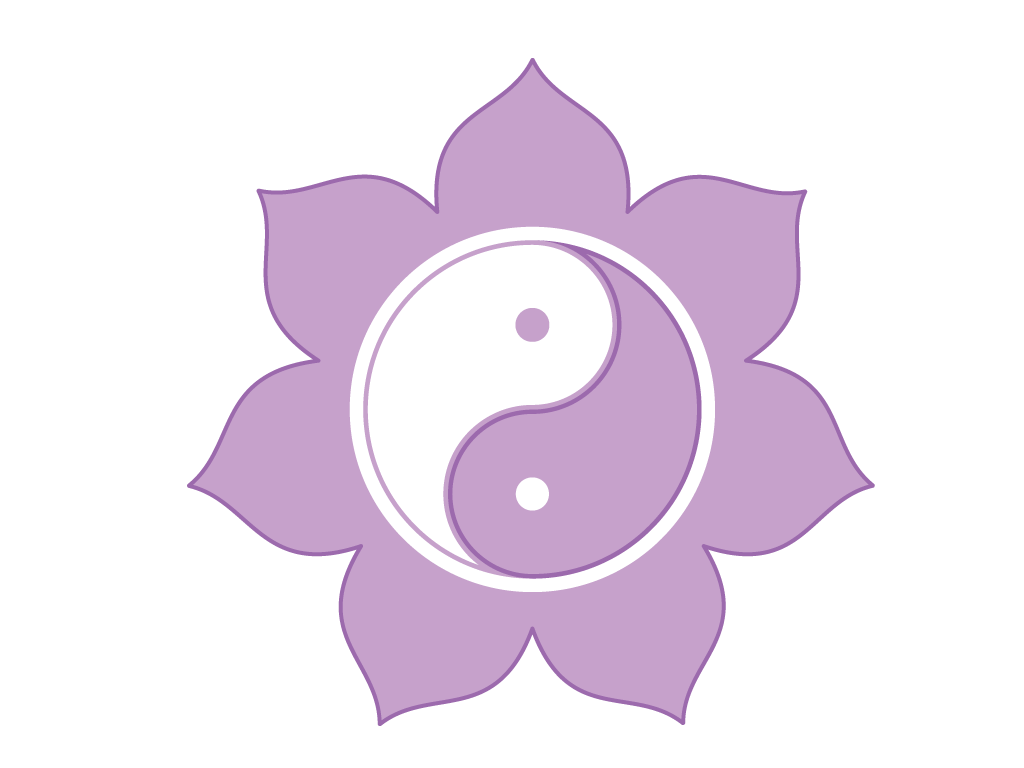Unraveling Acupuncture's Mystery: The Vagus Nerve Connection
Have you ever wondered how acupuncture, with its tiny needles and ancient roots, manages to soothe pain, relax anxiety, relieve insomnia, regulate heart rate and boost well-being? How could a singe therapy boost immunity, relieve pain and balance emotions? While it may seem like magic, science is uncovering a fascinating possible explanation, involving a key player in our nervous system: the vagus nerve.
Let’s take a closer look… The vagus nerve is like a superhighway connecting our brain to vital internal organs like the heart, lungs, and gut. It’s part of the autonomic nervous system, which controls automatic functions like heart rate and digestion, but it’s also involved in our body’s stress response and inflammation.
Now, when you get an acupuncture treatment, those fine needles are strategically placed on specific points on your body. These points aren’t random; they’ve been mapped out over centuries of practice. When the needles go in, they stimulate nerves under the skin.
Here’s where the vagus nerve comes into play. Research suggests that acupuncture can activate the vagus nerve, sending signals to your brain that kickstart a chain reaction of relaxation and healing.
Think of it like this: when the vagus nerve gets stimulated, it tells your brain to chill out. Stress hormones take a backseat, and your body shifts into a more relaxed state. This can dial down pain signals, ease muscle tension, and even improve mood.
But that’s not all. The vagus nerve is also a key player in controlling inflammation, our body’s response to injury or illness. By activating the vagus nerve, acupuncture may help dial down inflammation, which could be why it’s effective for conditions like arthritis or digestive issues.
It’s pretty cool when you think about it. Acupuncture, a practice that’s been around for thousands of years, might work by tapping into this intricate network of nerves that regulate so many aspects of our health.
And it’s not just theory. Studies have shown that acupuncture can indeed increase vagal activity, leading to measurable changes in heart rate, inflammation levels, and even brain activity.
Plus, acupuncture’s effects on the vagus nerve align with the principles of traditional Chinese medicine (TCM), which views health as a balance of energies flowing through the body. Acupuncture points are thought to be hubs where this energy, known as Qi, can be accessed and influenced.
So, the next time you find yourself lying on an acupuncture table, needles gently inserted, know that there’s science behind the ancient practice. It’s all about that intricate dance between the needles, your nerves, and the remarkable vagus nerve that connects body and mind.
As research continues, we’ll likely uncover even more about how acupuncture works. But for now, let’s appreciate the wonders of this time-honored therapy and the fascinating role of the vagus nerve in unlocking its healing potential. If you’re curious how calmer you might feel with acupuncture, I invite you to click HERE and make an appointment for a free consultation or an acupuncture appointment.




